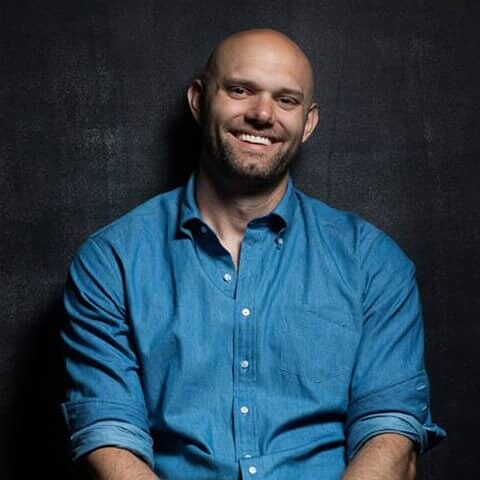 author
authorDiscover the Best Books Written by Adrienne Rich
Adrienne Cecile Rich was an American poet, essayist, and feminist. She was called "one of the most widely read and influential poets of the second half of the 20th century" and was credited with bringing "the oppression of women and lesbians to the forefront of poetic discourse." Rich criticized rigid forms of feminist identities and valorized what she coined the "lesbian continuum," which is a female continuum of solidarity and creativity that impacts and fills women's lives.
Her first poetry collection, A Change of World, was selected by icon W. H. Auden for the Yale Series of Younger Poets Award. Auden went on to write the introduction to the book. Rich famously declined the National Medal of Arts to protest House Speaker Newt Gingrich's vote to end funding for the National Endowment for the Arts.
Adrienne Cecile Rich was born in Baltimore, Maryland, on May 16, 1929, the elder of two sisters. Her father, pathologist Arnold Rice Rich, was the chairman of pathology at The Johns Hopkins Medical School. Her mother, Helen Elizabeth (Jones) Rich, was a concert pianist and a composer. Her father was from a Jewish family, and her mother was a Southern Protestant; the girls were raised as Christians.
Her paternal grandfather Samuel Rice was an Ashkenazi immigrant from Košice in the Austro-Hungarian Empire (present-day Slovakia), while his mother was a Sephardi Jew from Vicksburg, Mississippi. Samuel Rice owned a successful shoe store in Birmingham. Adrienne Rich's early poetic influence stemmed from her father, who encouraged her to read and write poetry.
Her interest in literature was sparked in her father's library, where she read the work of writers such as Ibsen, Arnold, Blake, Keats, Dante Gabriel Rossetti, and Tennyson. Her father was ambitious for Adrienne and "planned to create a prodigy." Adrienne Rich and her younger sister were home-schooled by their mother until Adrienne commenced public education in the fourth grade.
The poems Sources and After Dark document her relationship with her father, describing how she worked hard to fulfill her parents' ambitions—moving into a world where excellence was expected. In later years, Rich went to Roland Park Country School, which she described as a "good old fashioned girls' school [that] gave us fine role models of single women who were intellectually impassioned." After graduating high school, Rich earned her diploma at Radcliffe College, where she focused on poetry and learning the writing craft, encountering no women teachers.
In 1951, her senior year at college, Rich's first collection of poetry, A Change of World, was chosen by the poet W. H. Auden for the Yale Series of Younger Poets Award. He went on to write the introduction to the published volume. Following graduation, Rich received a Guggenheim Fellowship to study at Oxford for a year. After visiting Florence, she chose not to return to Oxford and spent her remaining time in Europe writing and exploring Italy.
In 1953, Rich married Alfred Haskell Conrad, an economics professor at Harvard University she met as an undergraduate. She said of the match: "I married partly because I knew no better way to disconnect from my first family. I wanted what I saw as a full woman's life, whatever was possible." They settled in Cambridge, Massachusetts, and had three sons. In 1955, she published her second volume, The Diamond Cutters, a collection she said she wished had not been published, saying "a lot of the poems are incredibly derivative" and citing a "pressure to produce again... to make sure I was still a poet." She also received the Ridgely Torrence Memorial Award from the Poetry Society of America that year. Her three children were born in 1955 (David), 1957 (Pablo), and 1959 (Jacob).
Best author’s book



Written books
1



















